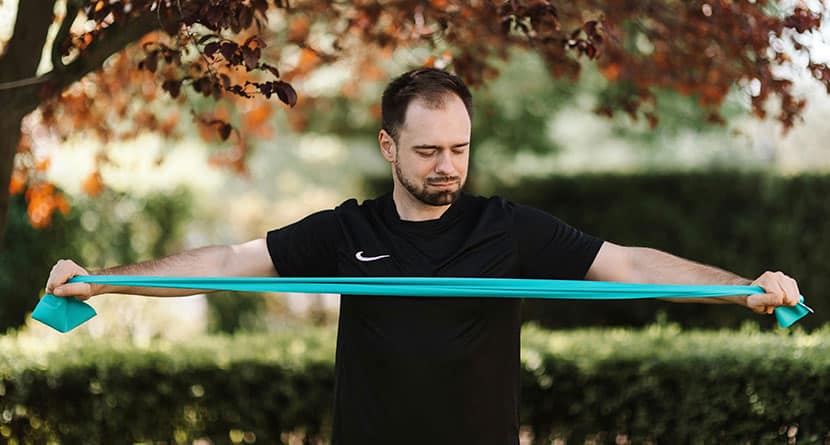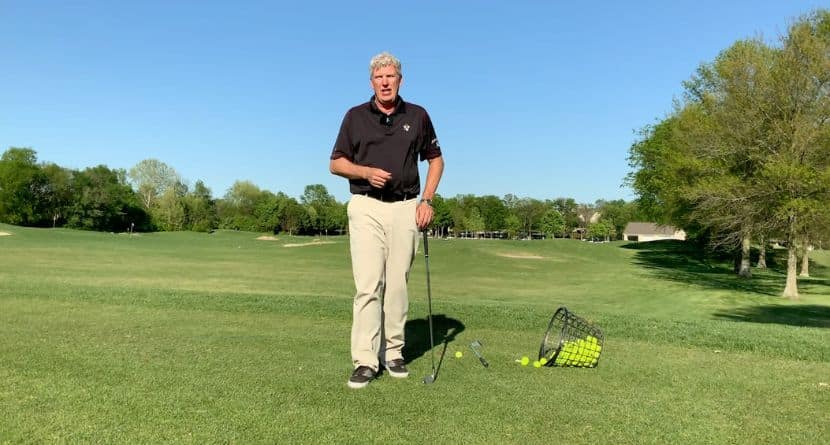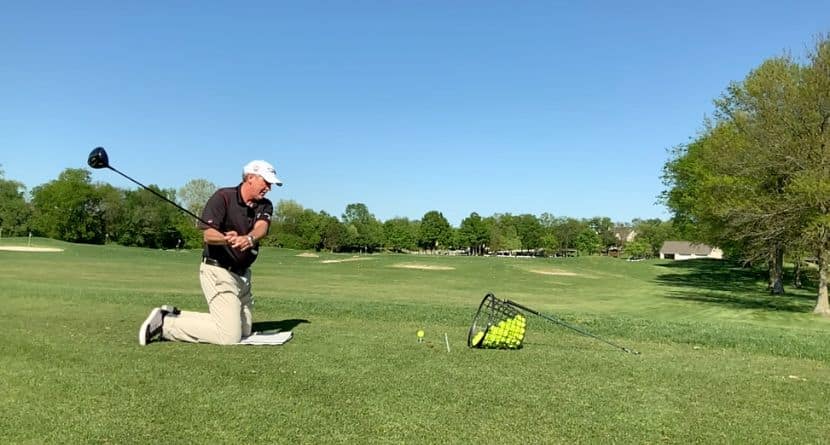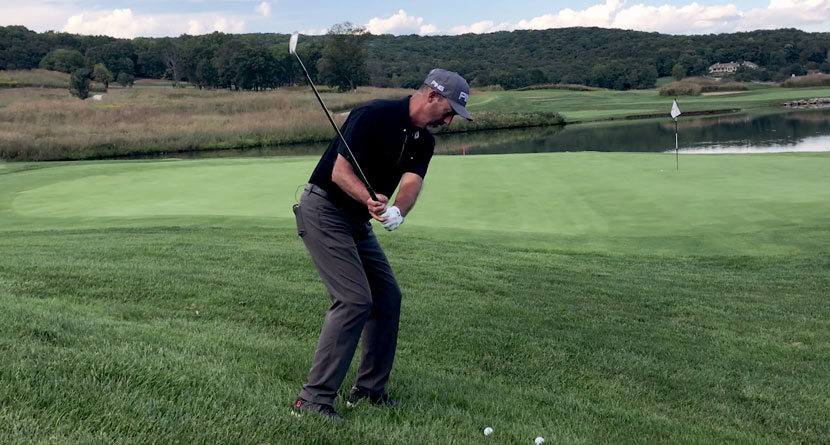- Golf requires strength, flexibility, balance, and stability for controlled swings and injury prevention
- Golf conditioning includes endurance training for navigating the course and agility for uneven terrain
- Golf fitness regimens improve mental focus, overall health, and well-being
- Tailor your golf fitness approach with professional guidance, balance, gradual progression, and enjoyable activities
Stereotypes about golf and golfer’s physiques are a thing of the past. Modern players, taking their cues from Tiger Woods, invest as much time and energy into rigorous training regimens as they do practice. Still, for a novice player or someone thinking about taking up the sport, the question remains: is golf fitness a must?
While mastering the swing doesn’t require marathon-level endurance, the answer is a resounding yes. Here’s why incorporating golf conditioning and golf strength training into your routine can elevate your game and enjoyment on the course.
Golf physical requirements:
- Strength: Powerful core muscles and rotational strength contribute to smoother, more controlled swings, generating greater distance and accuracy.
- Flexibility: Maintaining a wide range of motion in your hips, shoulders and back allows for a fuller swing arc and efficient power transfer.
- Balance and stability: A strong core and stable lower body promote balance throughout the swing, leading to greater consistency and reduced injury risk.
The tenets of golf conditioning:
- Endurance: A typical 18-hole round involves walking several miles, navigating hilly terrain and carrying or pulling your clubs. Prioritizing cardio fitness ensures you can tackle the course without fatigue impacting your swing.
- Agility: Uneven turf and sand traps require agility and lower body strength, making navigating the course more manageable with good fitness.
The benefits of a golf fitness regimen:
- Injury prevention: Strong muscles and proper flexibility reduce the risk of strains, tears and overuse injuries common in golf.
- Improved mental focus: Physical fitness enhances mental stamina and concentration, allowing you to stay sharp throughout the round.
- Overall health and well-being: Incorporating golf-specific exercises contributes to overall health and well-being, benefiting your entire lifestyle.
Tailoring your golf fitness approach:
- Consult a professional: Consider seeking guidance from a golf-specific fitness trainer who can design a personalized workout plan addressing your needs and goals.
- Don’t forget balance: Balance your routine with exercises targeting different muscle groups and cardiovascular activities for well-rounded fitness.
- Start small and progress gradually: Begin with simple exercises and gradually increase intensity and duration to avoid overloading your body.
- Enjoy the process: Find activities you enjoy, whether it’s hitting the gym, taking group fitness classes or incorporating golf-specific drills into your routine.
Golf fitness isn’t about transforming into a gym rat. It’s about incorporating golf conditioning and golf strength training exercises that enhance your swing, optimize endurance and prevent injuries, ultimately maximizing your enjoyment and performance on the course.













